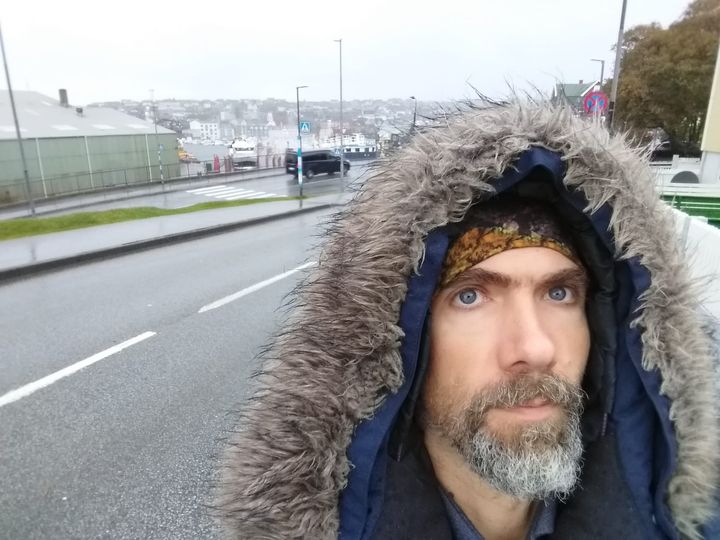Results of my week long trip to the Faroe Islands, where I tried to learn the language by conversing and introduce LingQ to the Faroese, so they would add it to LingQ.
Being that my native language of Icelandic is very similar to Faroese in vocabulary, grammar and especially writing that already gave me a good head start. Faroese is pronounced very differently from Icelandic, but I had listened to a lot of the broadcasts/news on the national broadcasting service and gotten a good understanding of the verbal language too.
I was actually able to converse with the Faroese throughout the tour, but much more reluctantly at first of course. One day 3 different people who I knew or had gotten in touch with through facebook met me through the day and I had almost 6 hours of conversations. I learned quite a few new words or which words from Icelandic/Danish I can use and which not. I made quite a lot of progress and gained much confidence and flow. I would certainly not rate my Faroese as fluent yet. I am slow, make loads of grammatical errors and sometimes use the wrong words (Icelandic/Danish). I am fairly conversational though and my understanding is very high. I consider this trip something of a success in terms of my own learning.
I will probably try to go back at some point and learn more + find more Faroese in Iceland to talk to → improve my Faroese further.
As for LingQ. I did get to have a talk to a class of Faroese linguistics students and meet two professors, showing them LingQ and how it works and briefly explaining my thoughts on the difficulties of immigrants in learning Icelandic and Faroese, my beliefs in the limits of standard classes and the value of massive/comprehensible input and how LingQ could help. I also just showed LingQ to quite a few people I met and ran into. The Faroese are generally friendly and polite people who like Icelanders and are very positive to someone trying to learn their language and/or helping preserve it.
I am quite hopeful Faroese could be ready to be added to LingQ next year, depending of course on what is going on at LingQ.
